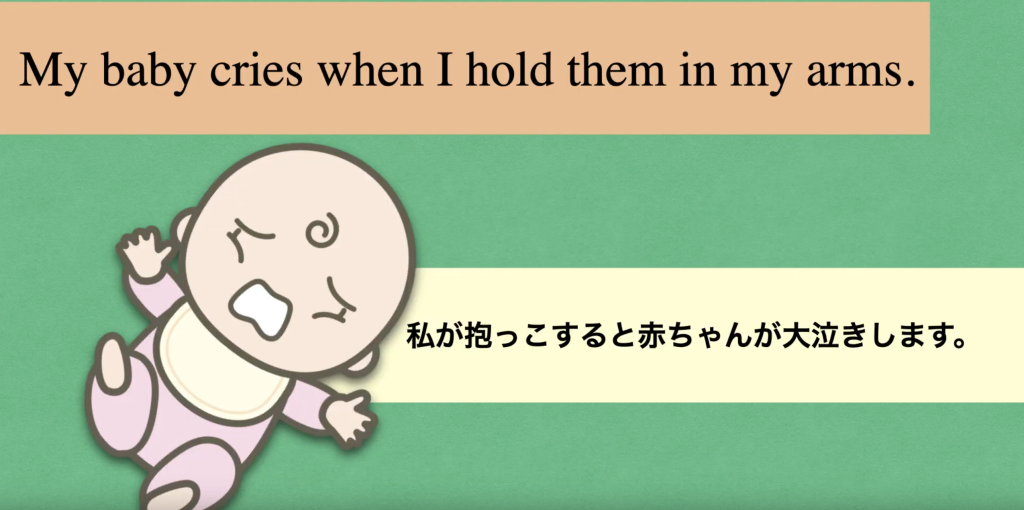Mum’s worries QA
Breastfeeding
Other
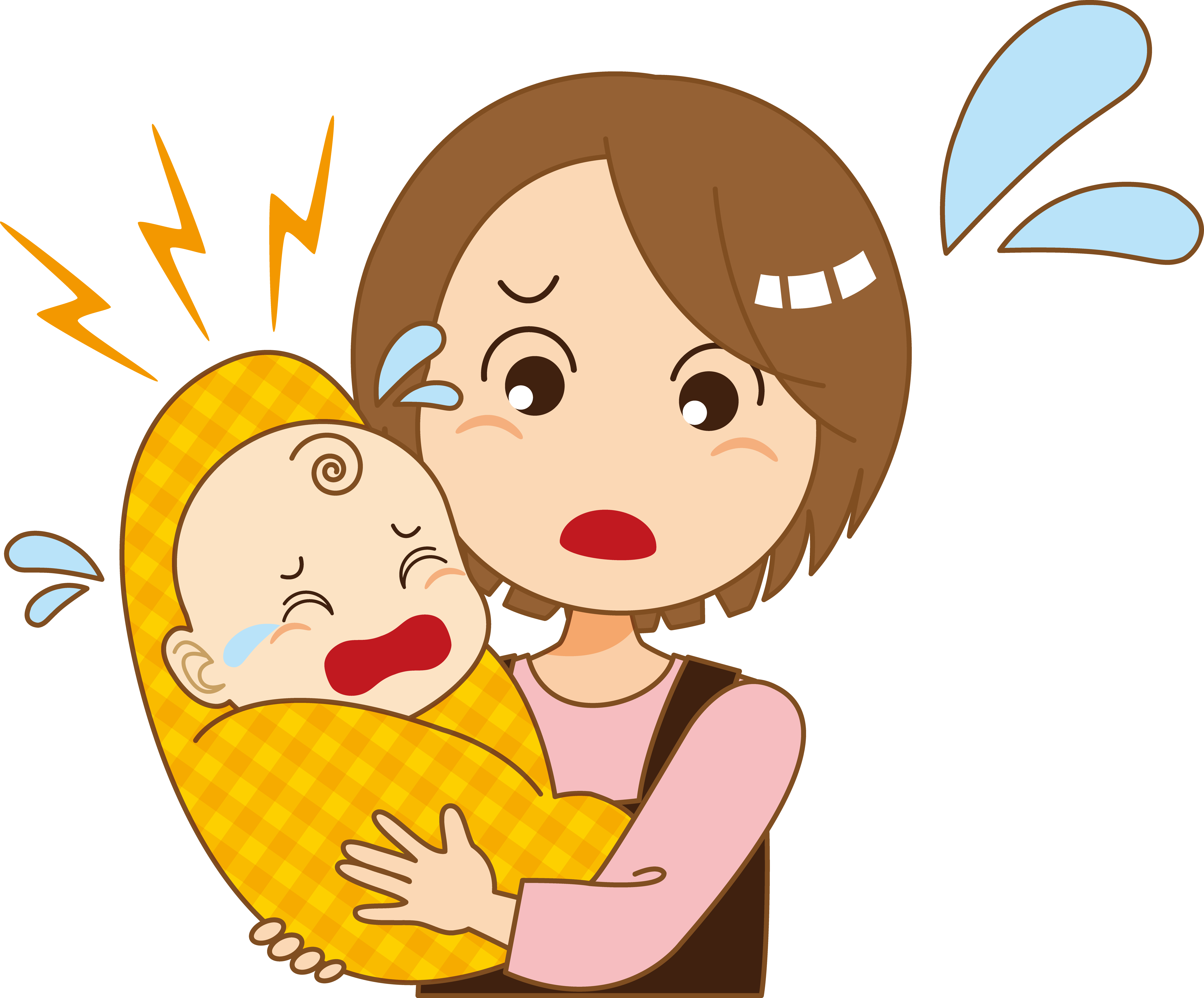 |
|
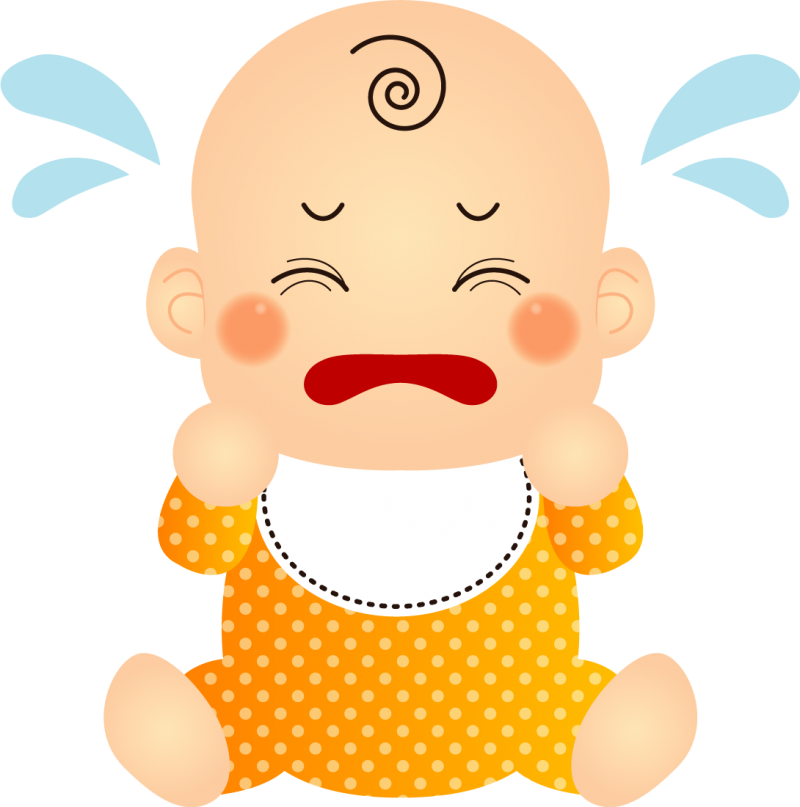 | There are many times that the baby wouldn’t stop crying when being held by the mother, but then the baby stops crying when being held by husband or grandmother. And the mother gets greatly shocked by seeing this. |
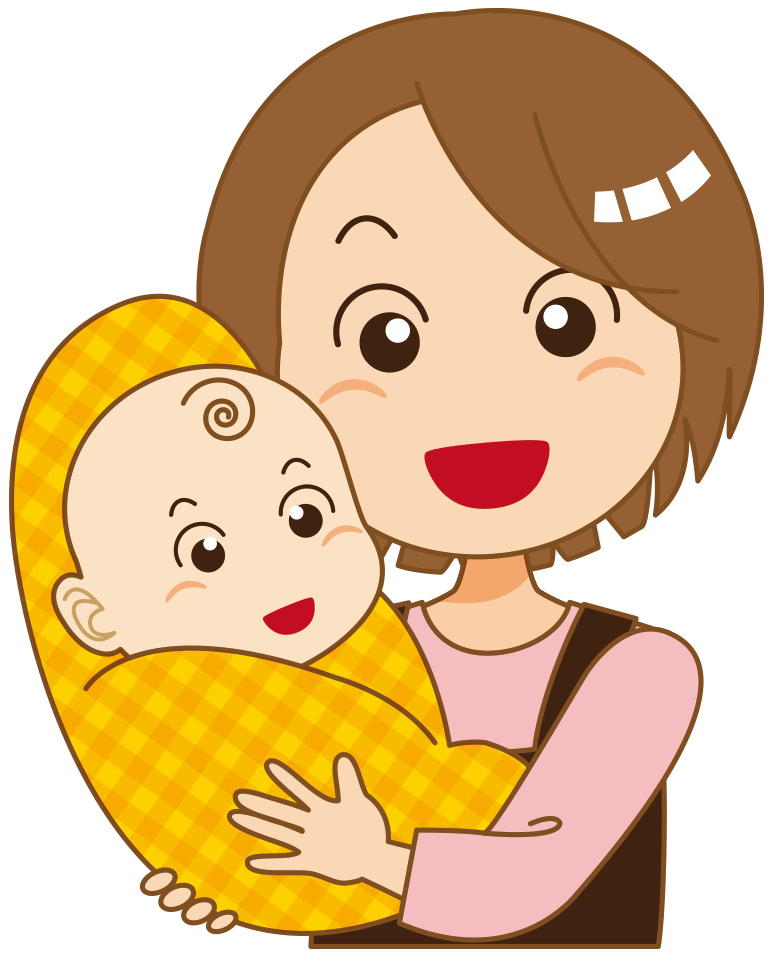 | This “a baby cries in his/her mother’s arms” thing doesn’t last forever. Soon or later, this thing will change to “a baby stop crying in his/her mother’s arms.” Then adults say, “This baby has begun to show fear of strangers”, but babies feel fear or shy at an earlier time when they were born. |
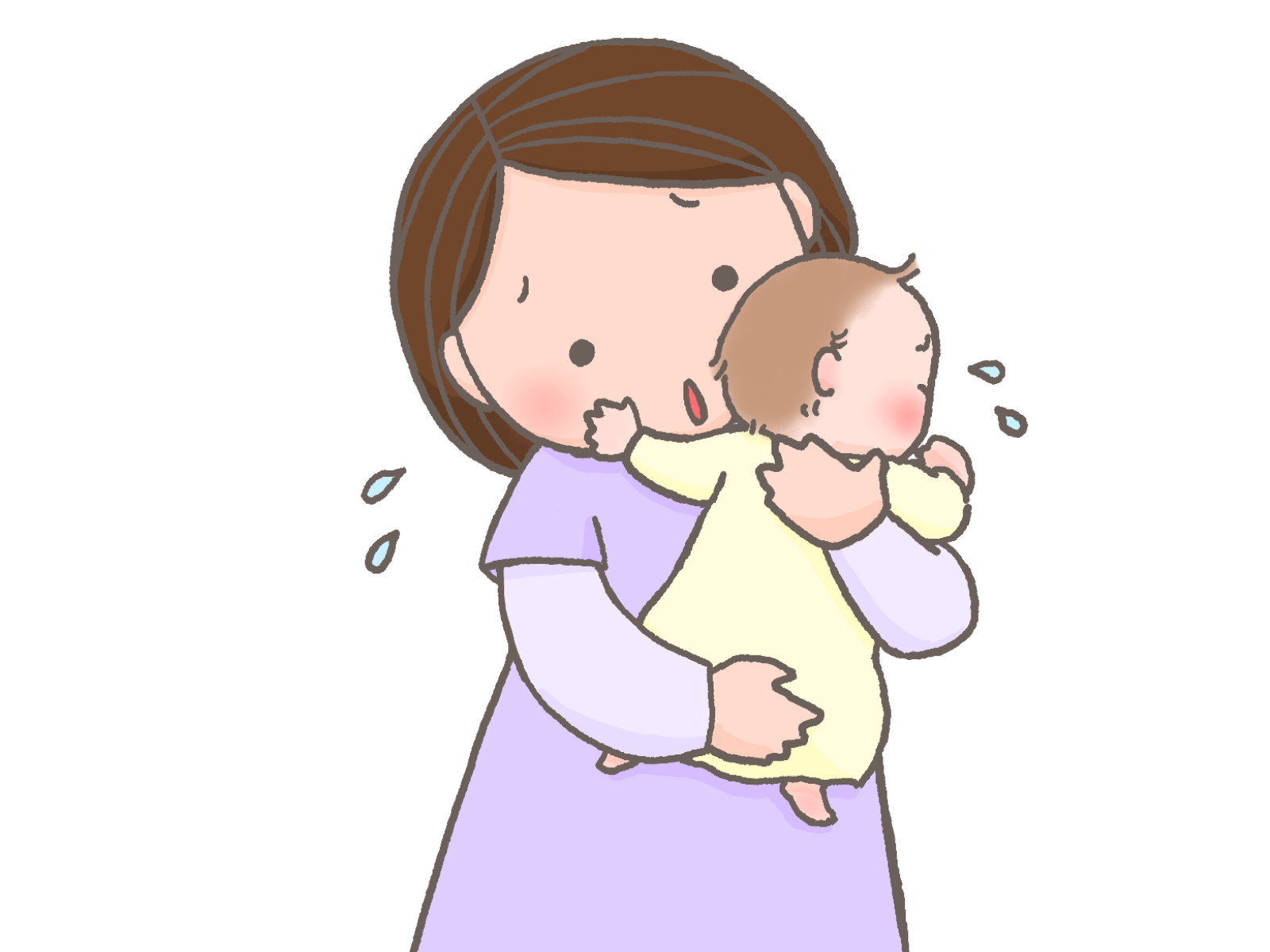 | A baby is hungry, the diaper is wet, a baby is about to poop, having a fever, or feeling hot or cold, etc., even if you deal with these things which you can think of but the baby wouldn’t stop crying, then I think the baby may be crying just because he/she gets upset from not receiving your explanations. |
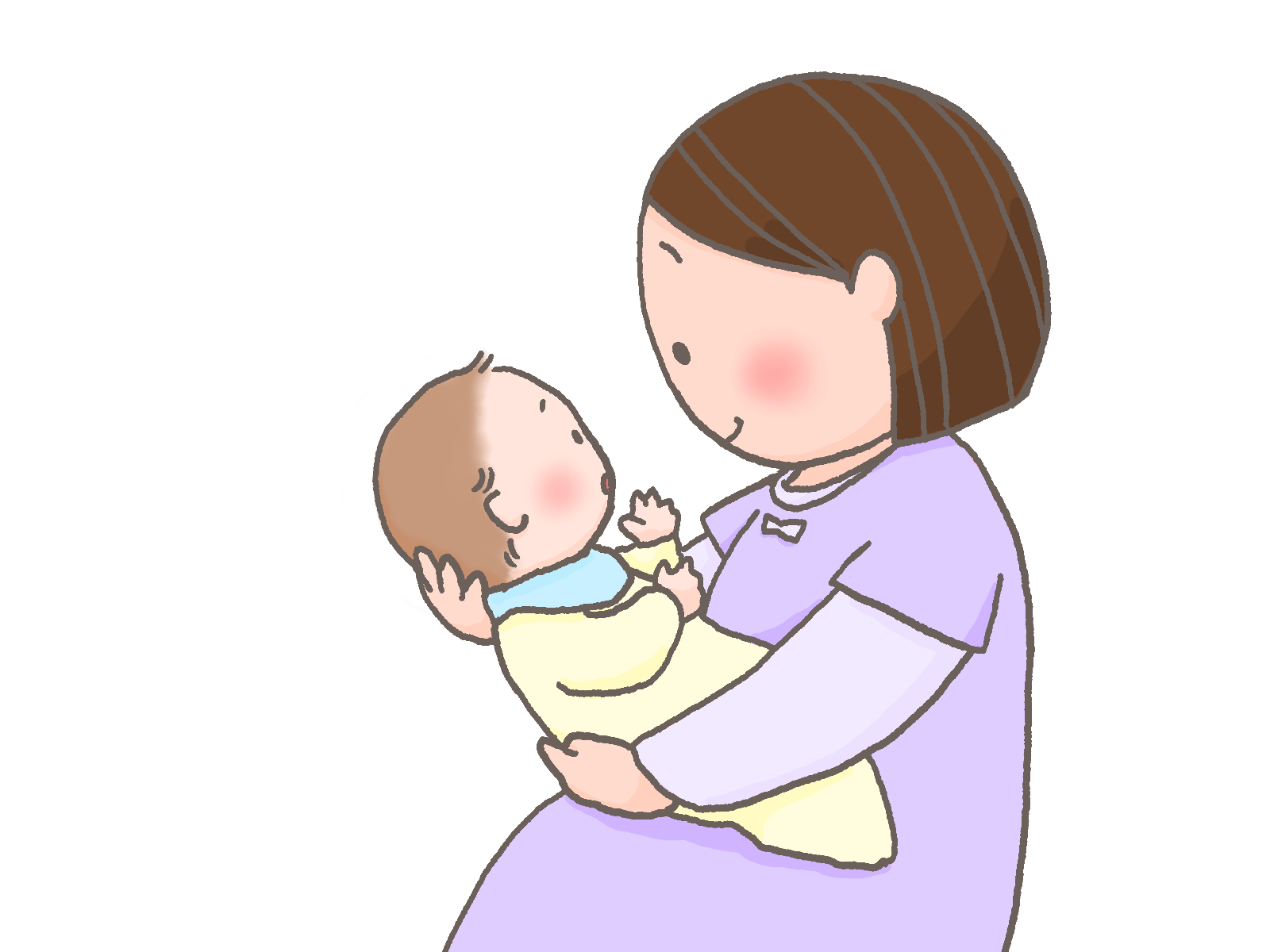 | For example, “We are going for a monthly check-up today. And you will be checked whether you are growing up in good health. You are going to be naked and touched by a doctor, but you will be fine.” or |
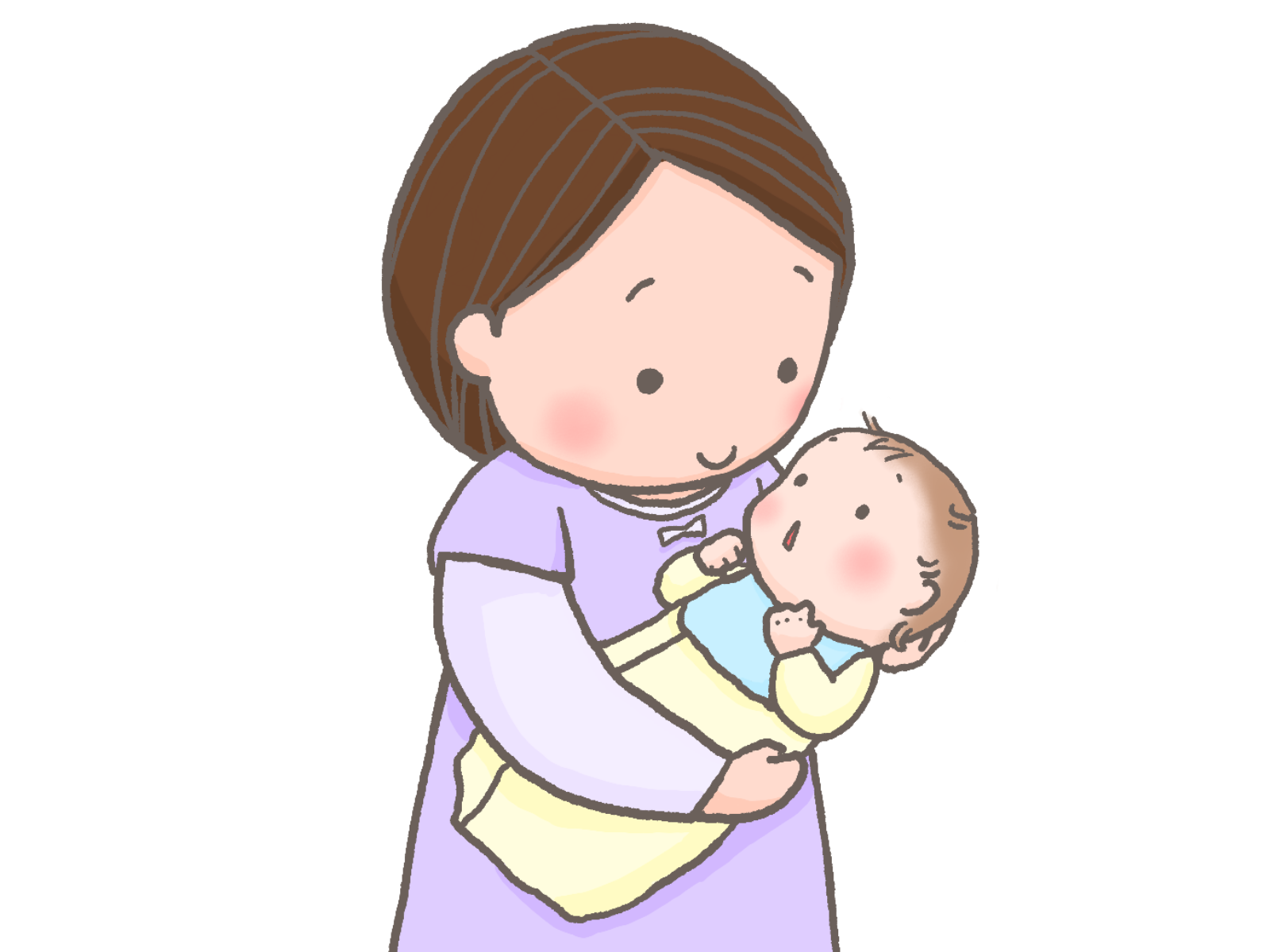 | Even for us adults, we will be surprised if we are taken somewhere without receiving any explanations. And we would think that they should have given us explanations beforehand. |
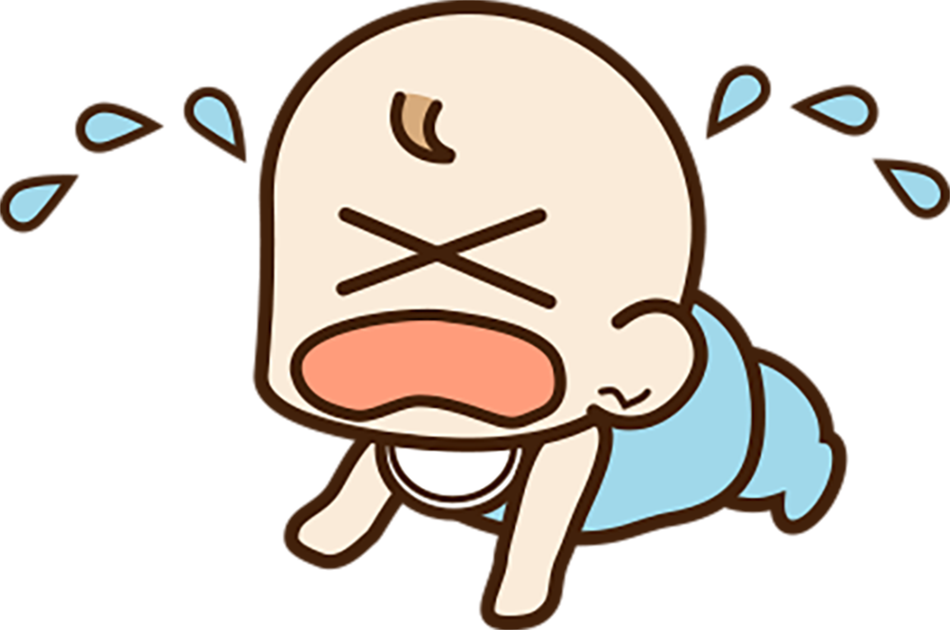 | Many mothers are worried about their babies’ behavior of following their mothers. Mothers can’t do their errands which they need to do, or there is no one who can look after their baby so they can barely even go out. |
 | For example, if you leave the baby to go to the bathroom, or do the laundry, leave the baby to someone without saying anything, then the baby gets very anxious when he/she realizes the mother is not around. If these things happen often, babies think that “It’s safe if I follow my mother all the time.” Well, I think you already know what we should do, don’t you? Yes, we should tell our babies where we go before leaving our babies. We should tell them that “I’m going to hang the laundry”,”I’m going to go to the bathroom”, or “I’ll go out for a bit to do some errands. So
stay home with your daddy.” And when we come back home, we speak to our babies “I’m home now.” Saying “I’m going” and “I’m home” to our babies is very important. |

